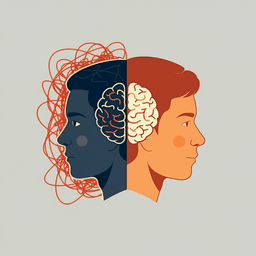
Political Science
The Matthew effect in political science: head start and key reforms important for democratization
P. Lindenfors, M. Wilson, et al.
This intriguing research explores how a country's initial conditions can shape its chances of democratization success. Conducted by Patrik Lindenfors, Matthew Wilson, and Staffan I. Lindberg, the study reveals that nations with stronger political institutions, higher GDP, and better education tend to experience successful liberalization more frequently. The findings reveal a 'Matthew effect' in political reforms, with advantages compounding over time.
~3 min • Beginner • English
Related Publications
Explore these studies to deepen your understanding of the subject.







